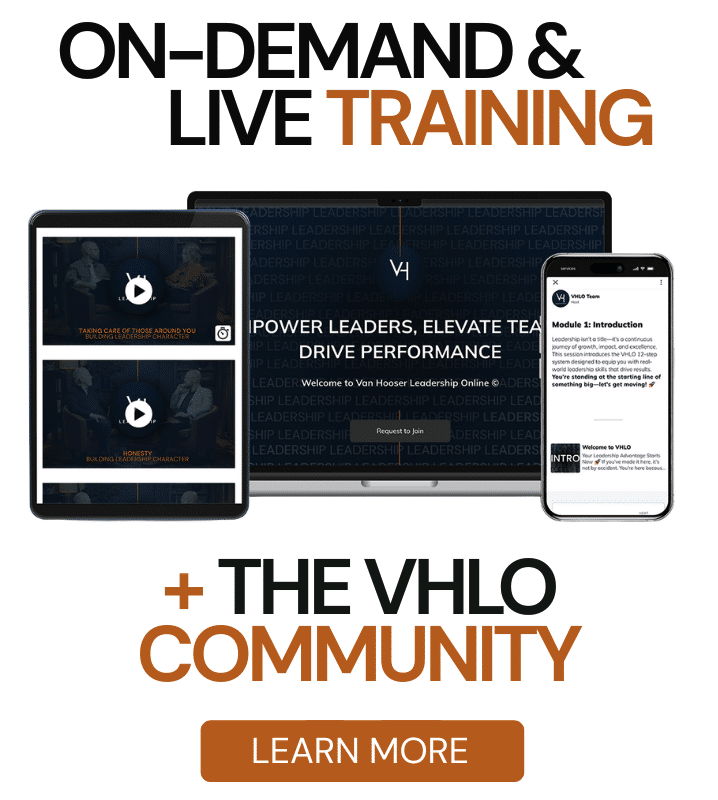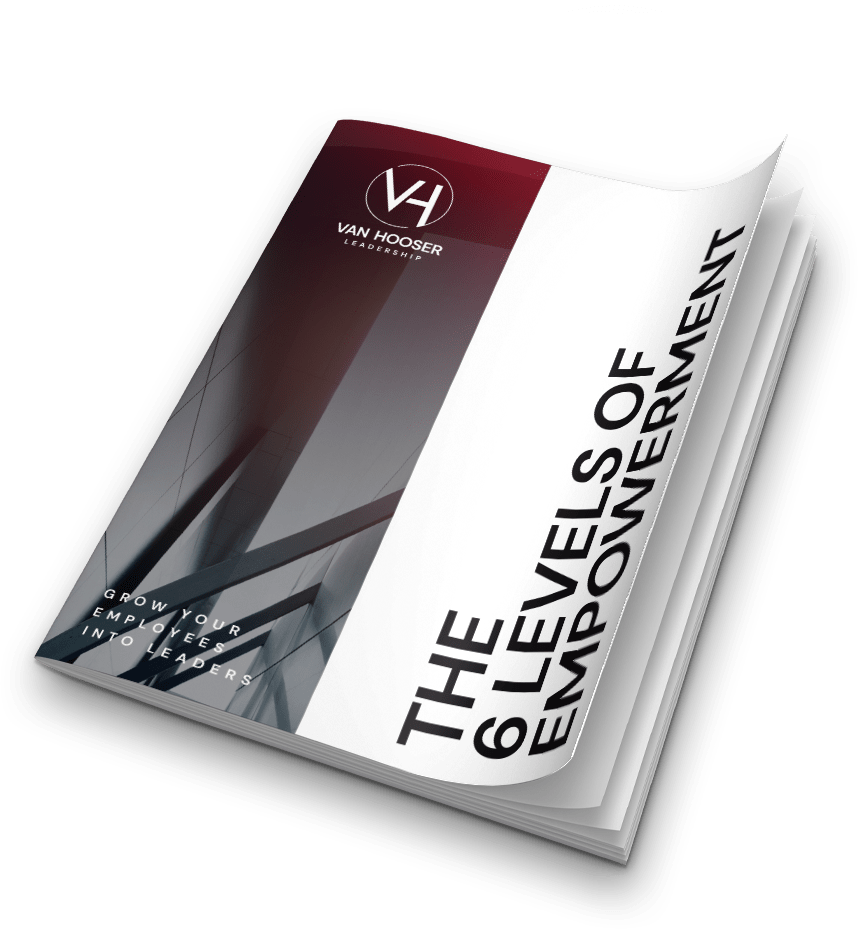Are you just an accidental or incidental leader? Neither is a good long-term leadership strategy. So if you want to be a more purposeful, intentional leader, here are 3 questions you need to have the answers to.
Strategic Questions to Guide an Intentional Leader
I get this question asked of me quite a bit from people who aspire to be better leaders.
“So Phil, in your work with leaders, what advice would you give me or others like me who wish to improve their leadership performance?”
My answer always begins with this — be intentional. Be an intentional leader. Being an intentional leader is different from being an accidental or incidental leader. Let me explain.
Accidental vs. Incidental Leader?
An accidental leader is a person who finds themselves in a leadership situation and is forced to respond. They may have reacted very well, but there was no intentionality behind it. It was completely accidental.
An incidental leader performs particularly well in a specific circumstance or task. It’s the only leadership method they’ve mastered. When they experience other leadership problems or challenges, frankly, they try to solve the problem with the only solution that worked for them in the past.
Neither of those — accidental or incidental leadership — works well over time for the leader who wants to be a high performer.
If You Want to Be an Intentional Leader
The best leader — an intentional leader — know their values, have clear goals, and understand how they want to be perceived as leaders.
They know what they want; they’re willing to commit to it; and they know that over time, they should be successful.
So let’s assume for a second, you take my advice, that the first step in the process is that you determine yourself to be an intentional leader. So then what?
Here are three strategic questions that I’d like you to answer as you begin your approach toward being an intentional leader.
What Do You Value?
What professional values do you count as most important?
I can’t answer that for you and you can’t answer it for me. If I answered it for you or you answered it for me then it wouldn’t be intentional from our own perspectives.
As an example, honesty is at the top of the list for me. Integrity — doing the right thing because it’s the right to do — is critical. Also, being able to act courageously as a leader is important.
So what core values do you hold most dear?
What Do You Want to Accomplish as a Leader?
Once you create your list of intentional core values, then ask yourself the second question.
Based on your core values, what do you intentionally want to accomplish as a leader?
There are different ways to lead and different circumstances and situations in which to practice leadership. For example, when I first got out of college, my intentionality as a leader was to be a manager — a leader in a manufacturing environment. On purpose, with intentionality, I got there.
But an interesting thing happened. After a few years of working in that capacity, learning and growing, I decided I wanted to accomplish more as a leader. From that new value system and that new purposeful goal, I worked to create a leadership business — speaking, training, writing, and consulting.
In other words, intentional leadership values and goals will likely give you room for more intentional growth and advancement. As you achieve more, it’s important to evaluate your growth and set new goals for yourself.
So the first two questions: What do I value as a leader? What do I want to accomplish as a leader?
And then the third question…. this is the most simple question and yet it might be the most complex to answer.
How Do You Want to be Intentionally Described as a Leader?
How do you want others to intentionally characterize you as a leader one day?
What do you want others to remember about your leadership?
In Stephen Covey’s ever-relevant book, “The 7 Habits of Highly Effective People”, the reader is encouraged to begin with the end in mind.
And I completely agree. If you can begin today — intentionally knowing your values, intentionally knowing what you want to accomplish, and intentionally knowing what you want others to say about you — then most of the decisions that you’ll need to make to get you where you want to be, have already been made.
So today,
- Think about your values,
- Think about what you want to accomplish, and
- Think about what you want others to say about you.
The answers to these 3 strategic questions will get you started on the right foot toward being an intentional leader. And while you’re thinking about intentional leadership, here are 3 things an intentional leader never does.
Listening Intently
One core value me and my team value most is listening intently. We say it this way,
If your goal is to intentionally improve the leadership performance of you or your team, it would be our honor to listen intently and support you in that effort. Please let me know how we can help.
#intentionalleader #strategicleadership #leadershipvalues #leadershipgoals #leadershipreputation #intentionalleadership
For more helpful leadership ideas, check out our other blog posts!












